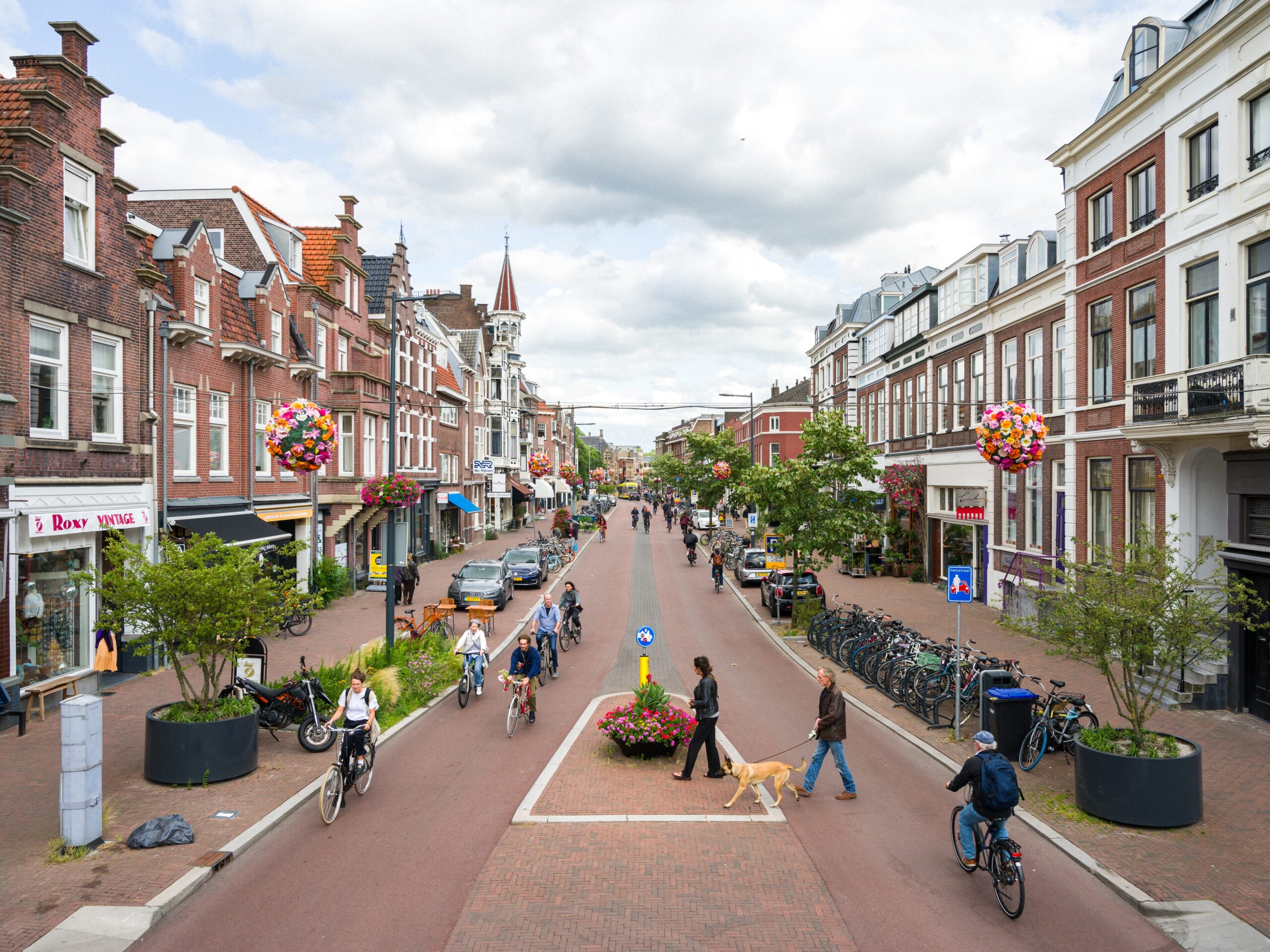Public Private Partnerships: Sharing Data from Shared Micromobility
On 6 and 7 May 2021 POLIS’ Working Group Governance & Integration met to discuss the role of public-private partnerships for the next generation of urban transport.
After setting the scene in the first session, it was time to take a dive into data.
An essential element of public-private partnerships is data sharing. This is particularly critical for shared micromobility, where collecting, sharing, and analysing data is key to designing effective policy agendas and enforcement instruments.
Unlike many of our Working Group meetings, this event welcomed private operators, data aggregators and other experts from the field, who brought perspectives on data sharing from across the field- on both sides of the Atlantic!
Data beta: Care to share?
As shared micromobility services expand and evolve, understanding consumer data, and the policies and practices related to their use is critical for both local authorities and private operators.
Shared micromobility services generate high volumes of data, which can aid in planning, managing, and improving the infrastructure on which these services rely. However, questions remain about how data can best be utilised to benefit authorities, users, and service providers.
This is an issue POLIS has been working closely on, publishing an exploratory study on the gap between public and private mobility operators data usage, identifying key areas where collaboration can improve interoperability and service delivery.
“This survey revealed that there is a lot of untapped potential on the side of cities and regions when it comes to data, there are many who have been doing some fantastic activities, but there is still much progress to be made,” said Karen Vancluysen, POLIS Secretary General.
This session was a unique opportunity to place micromobility operators and local authorities in conversation, explore the challenges and potential solutions.
The meeting addressed critical questions including:
- How do we create a clear framework of privacy for data usage?
- How can we establish new data standards which build on existing models?
- What is the best way to store and share data for interoperability?
- How (and where) are cities and regions beginning to develop new data sharing frameworks?
Digitalisation: The Dutch way
First the representatives from the City of Amsterdam presented the City Data Standard-Mobility (CDS-M). POLIS members Amsterdam, Utrecht, Eindhoven, Rotterdam, together with The Hague developed this open data standard for data exchange between cities and shared mobility operators to synchronise data processing and storage, and will be testing it with cars and cross-city permits, e-hubs and e-scooters, shared cargo bikes, and shared scooters.
The exchange has presented a range of opportunities for the cities, creating clear use case mapping, informing policy, event management, redesigning mobility planning, enforcement of license agreements with private operators. The CDS-M is being piloted in a range of Dutch cities.
The experts feedback!
Following Amsterdam’s presentation, a panel of experts from cities, international organisations, shared mobility operators and data aggregators gave their feedback on the standards.
Key takeaways:
- Don’t reinvent, adapt! Data sharing standards can draw from existing frameworks, developing them further as the mobility sector evolves.
- Everyone has a role: Development of standards must bring together a range of stakeholders including data brokers, shared mobility operators, city officials.
- Invest in people! Capacity is not just technical, human resources are equally essential, developing new capacities requires the personnel to oversee these activities.
- Don’t ignore Small & Medium sized cities: SMCs are also looking to roll out new mobility options yet have specific needs. Larger cities must also work alongside their smaller neighbours.
Remaining challenges:
- Reflecting on responsibility: Collecting and sharing data requires transparency over who is responsible for these processes.
- Are we GDPR compliant? Proportionality of use of data collection is key to data sharing. Discussions continue as to the levels of data being collected and shared, and will be a core discussion in Amsterdam’s CDS-M working group.
- A hard look at software: Ensuring operators and cities have the technical capacities to handle data standards is key. Not all operators are major organisations, smaller providers need to be taken into account.
- Extending to other modes of transport: Micromobility has been a “guineapig” in data sharing; however data policy will be increasingly relevant across the urban transport sector.
- Addressing the capacity gap: We know there is a capacity gap between public and private stakeholders, the challenge now is further identifying where these gaps exist and how they can be bridged.
The following sessions were:
Want to know more about our working groups?
POLIS working groups bring our members together to discuss the leading urban mobility issues, share best practices and debate the way forward. Our Working Group meetings are open to POLIS members only, For more information regarding membership please contact our Membership Manager, Pasquale Cancellara.



